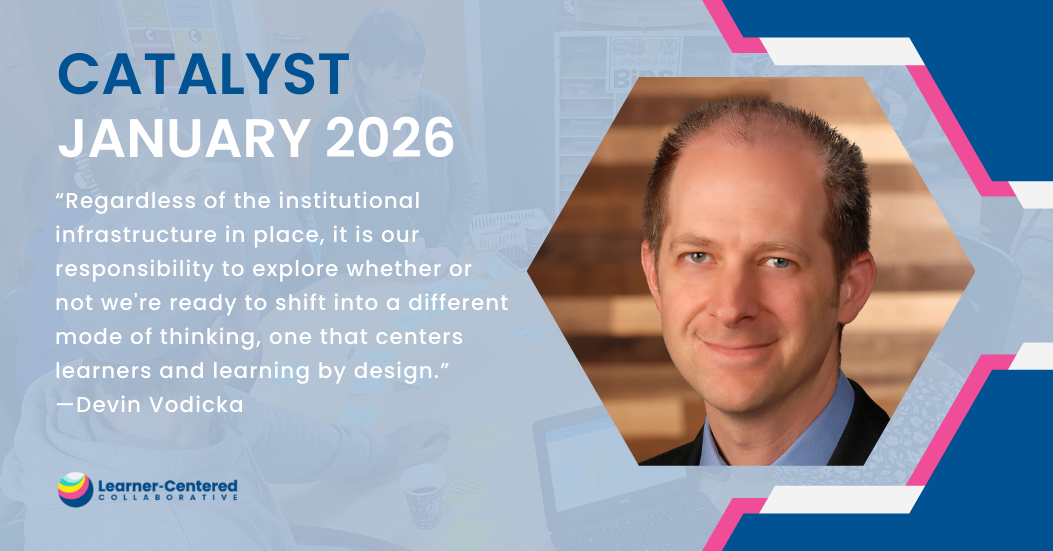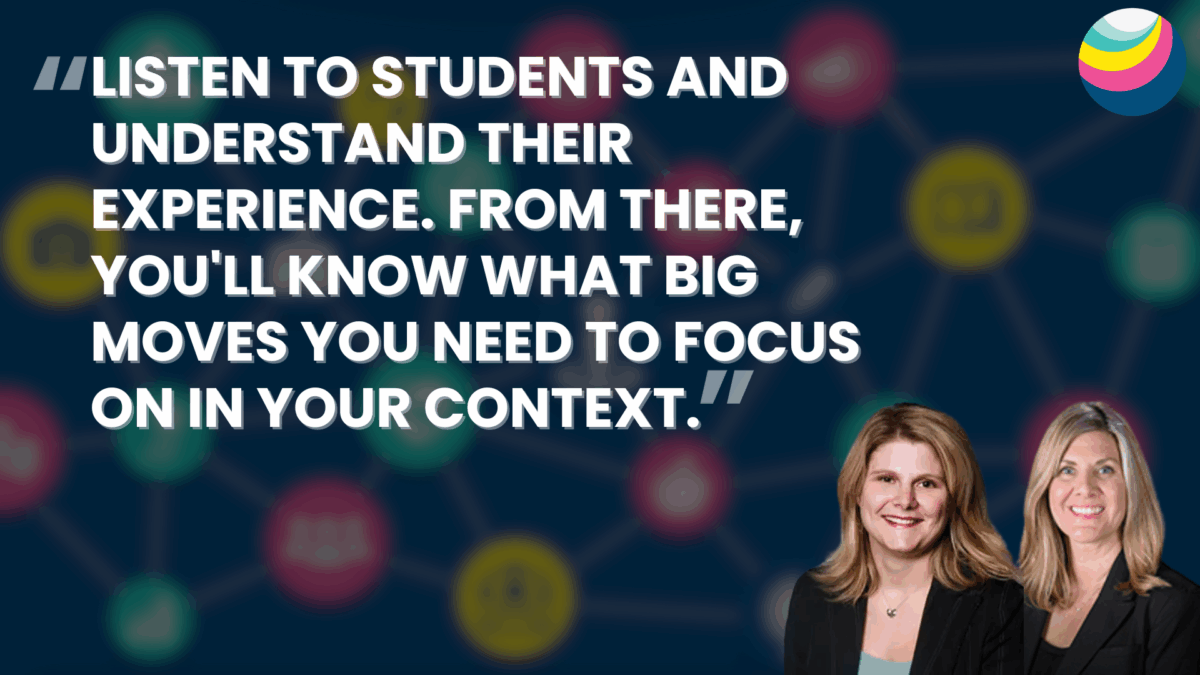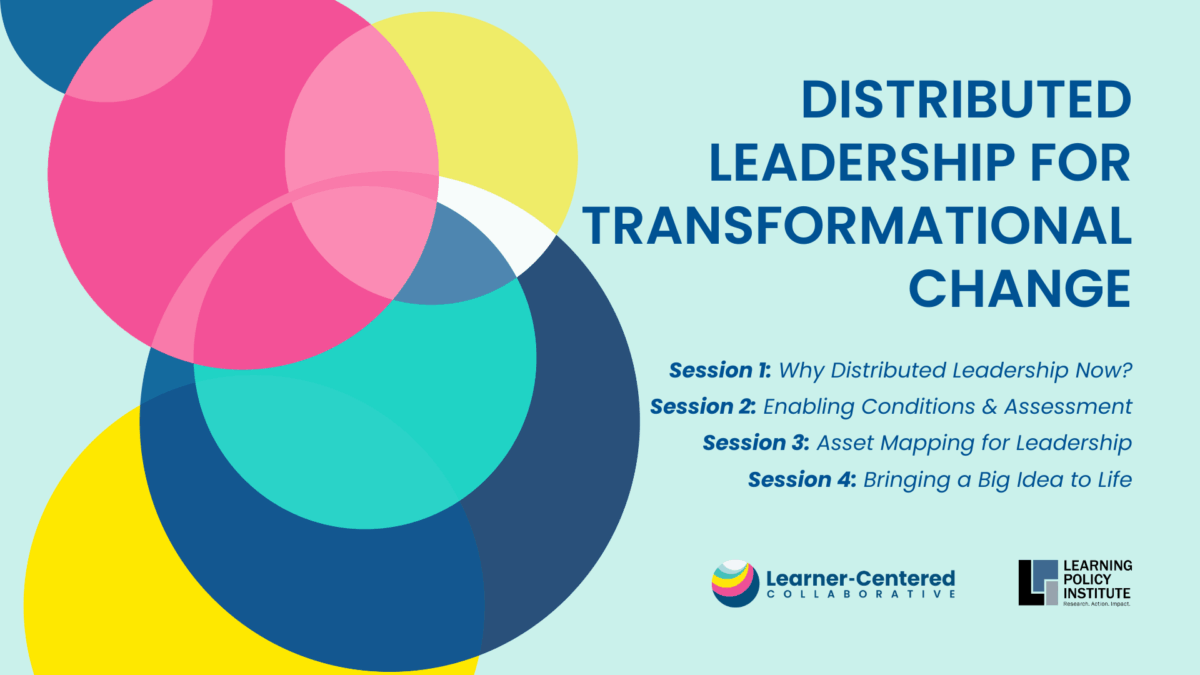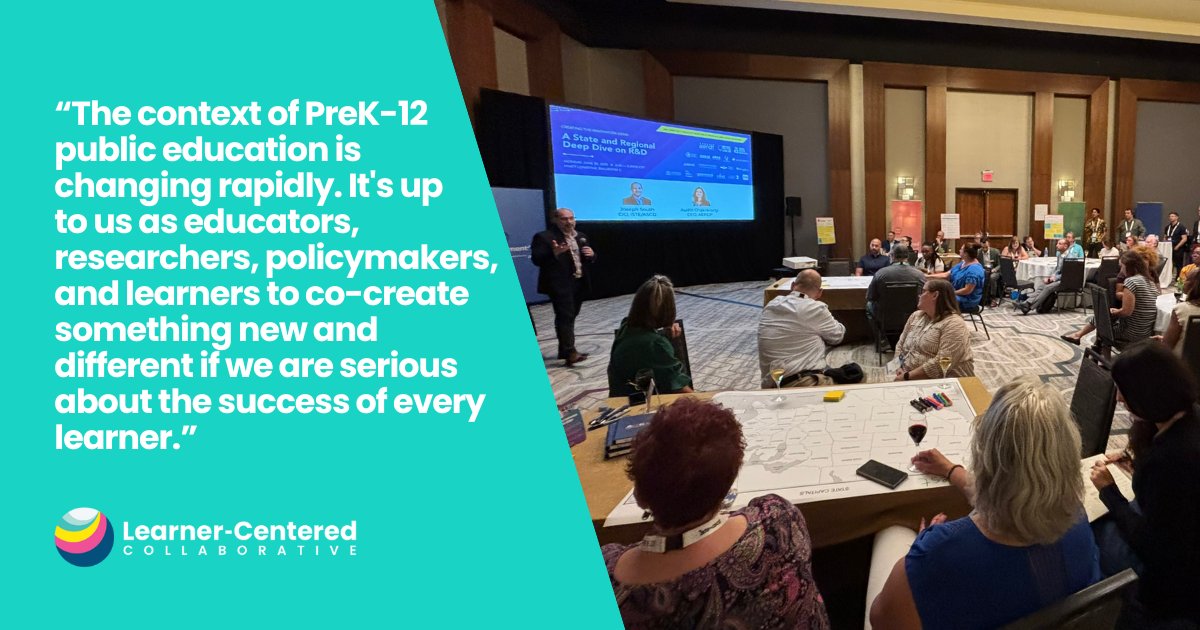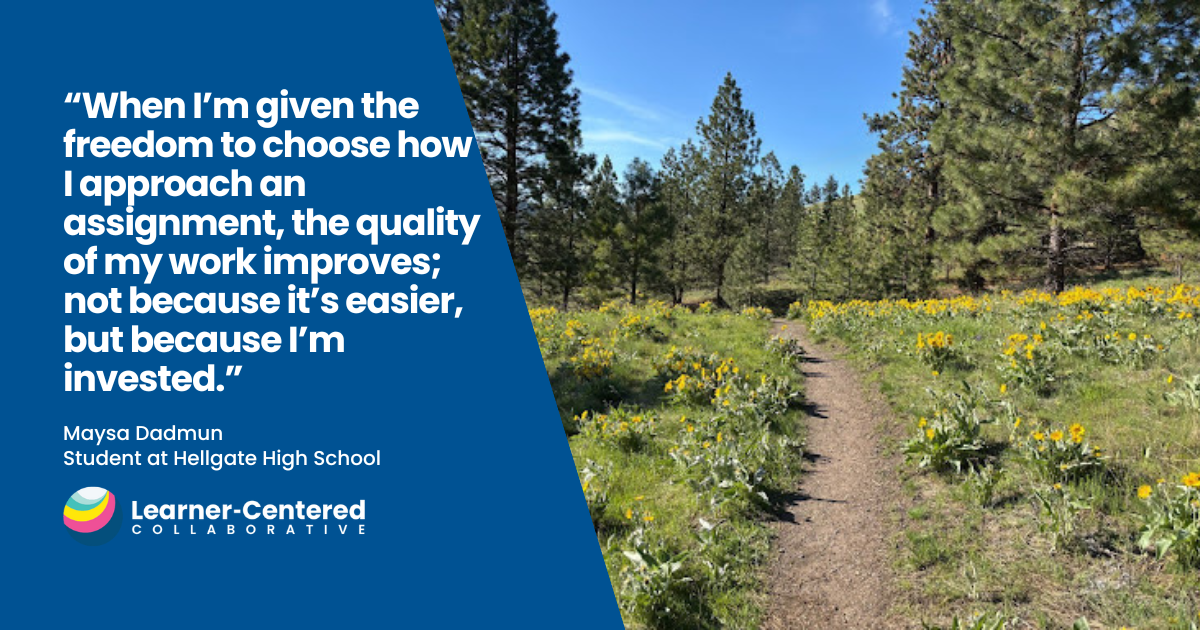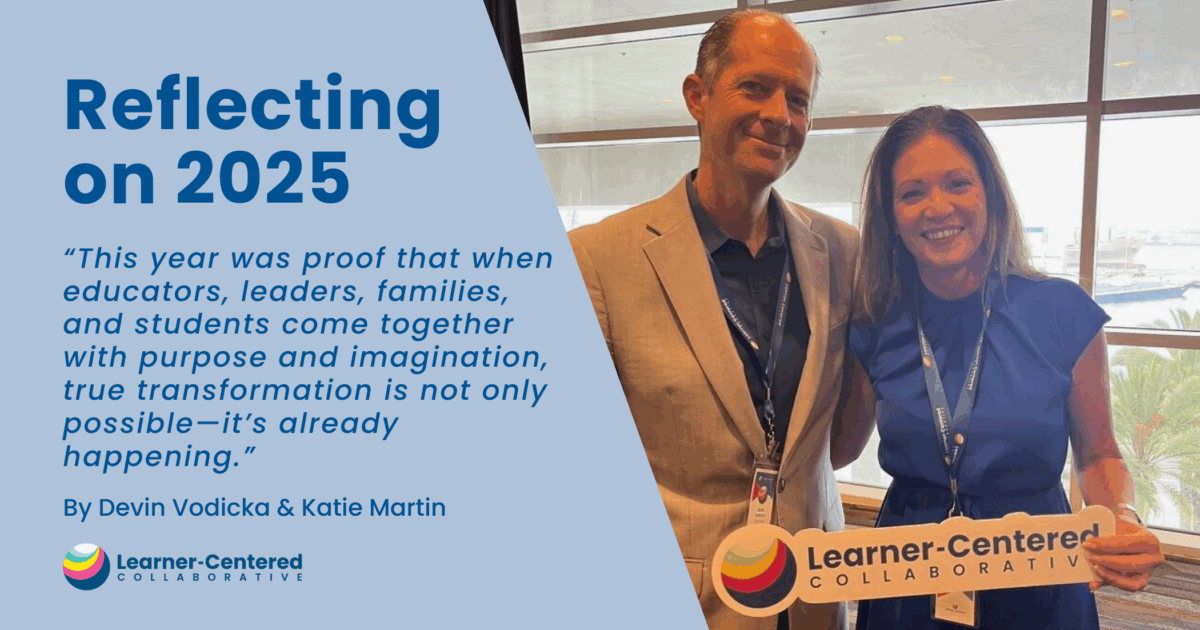Embracing Possibility at the Start of a New School Year
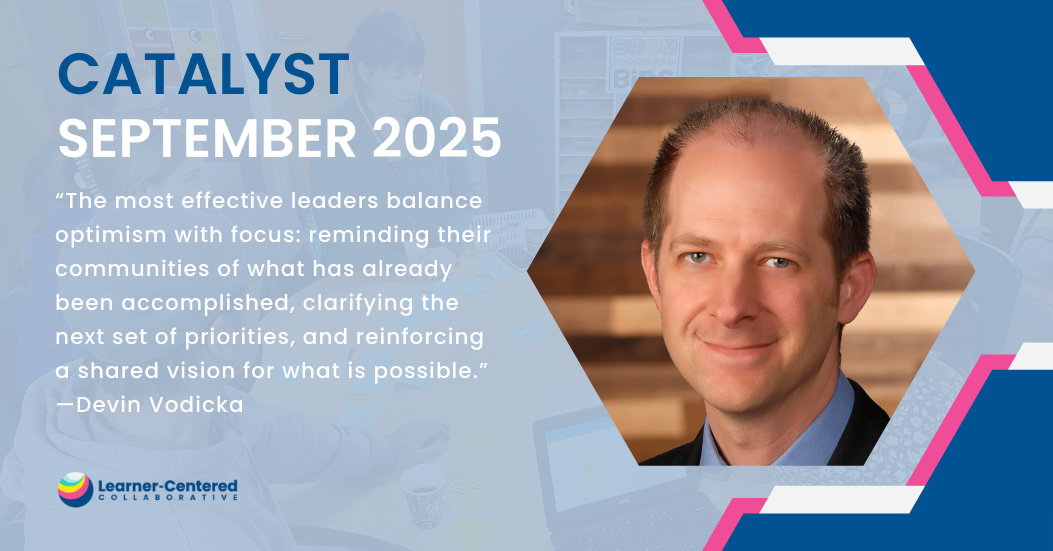
This year, my daughter begins her journey as a fourth-grade teacher. Over the past few weeks, I’ve had the privilege of helping her set up her classroom and hear about her experiences during new teacher orientation. During one of our conversations, she asked me, “If you were still a superintendent, what would you be saying to new teachers right now?”
That question made me pause. What would I say? What would new teachers (and everyone else in my learning community) need to hear?
The beginning of a school year carries a unique energy. You can feel it in the excitement of learners walking into classrooms, in the anticipation of families picking up their new year information packets, and in the renewed commitment of staff. Each new year brings about a renewed sense of possibility. As leaders, we have a responsibility to embrace this sense of optimism and help our communities see what we can achieve together.
At the same time, I know from experience that excitement can quickly turn into overwhelm if we flood educators with too many initiatives at once. The most effective leaders balance optimism with focus: reminding their communities of what has already been accomplished, clarifying the next set of priorities, and reinforcing a shared vision for what is possible.
This is where the Learner-Centered Ecosystem Framework can help us craft messaging that reinforces our identity and collective work as a district and reignites each individual’s purpose as an educator. It’s a meaningful way to channel the unique energy of a new year into a coherent and focused journey. It reminds us:
- Culture is where we begin. We should celebrate the progress we’ve made together so far, and let that success fuel confidence for what lies ahead.
- Enabling Conditions keep us steady. We should reinforce the vision, mission, and values that anchor our communities, so that the excitement of possibility translates into aligned action.
- School Design choices matter. We can use this moment to remind our community how schedules, roles, and structures are designed to open space for the kinds of experiences we aspire to provide young people.
- Learning Experiences are where energy meets purpose. We can ensure that the optimism of a new year is grounded in authentic, personalized, and competency-based learning grounded in a learner-centered community that engages students from day one.
- Whole-Learner Outcomes are why we’ve committed to another year of teaching and learning—to nurture learners who thrive, contribute, and grow into their best selves.
Viewed this way, the framework guides how leaders set the tone at the start of the year. It turns the collective excitement of a fresh beginning into a shared roadmap for what’s possible.
Read More: Unraveling Mixed Messages: The Impact of Misaligned Systems in Education
As my daughter begins her first year of teaching, she is learning that the words, tone, and energy we bring at the start set the stage for everything that follows. The same is true for district leaders, principals, and every adult who interacts with learners. Each of us has the opportunity to shape culture in profound ways. Greeting students on the bus, welcoming families at the front office, or opening staff meetings with a vision of possibility.
My encouragement to you, as we begin this school year, is to fully embrace that possibility. Celebrate what has already been accomplished, focus on the next Big Moves that matter most, and let the Learner-Centered Ecosystem Framework serve as your compass for aligning energy with action. In doing so, you will not only set a hopeful tone for the year ahead, you will help create the conditions for lasting, learner-centered change.
And just as I told my daughter, the most important leadership lesson of all is this: be authentic. Whether your style is energetic or understated, your community needs you to show up as your best and truest self. When we each bring our authentic strengths and align them around a common vision, we can bring about the kind of learner-centered change we’ve envisioned all along.
The Learner-Centered Ecosystem Framework is the result of 20+ years of real-world implementation of learner-centered change in schools and districts across the country. At Learner-Centered Collaborative, it informs the services we provide, which are grounded in research, shaped by practice, and tailored to each community’s context.
Discover how we support learning communities like yours evolve their systems and structures to ensure every learner knows who they are, thrives in community, and engages in the world as their best selves.
